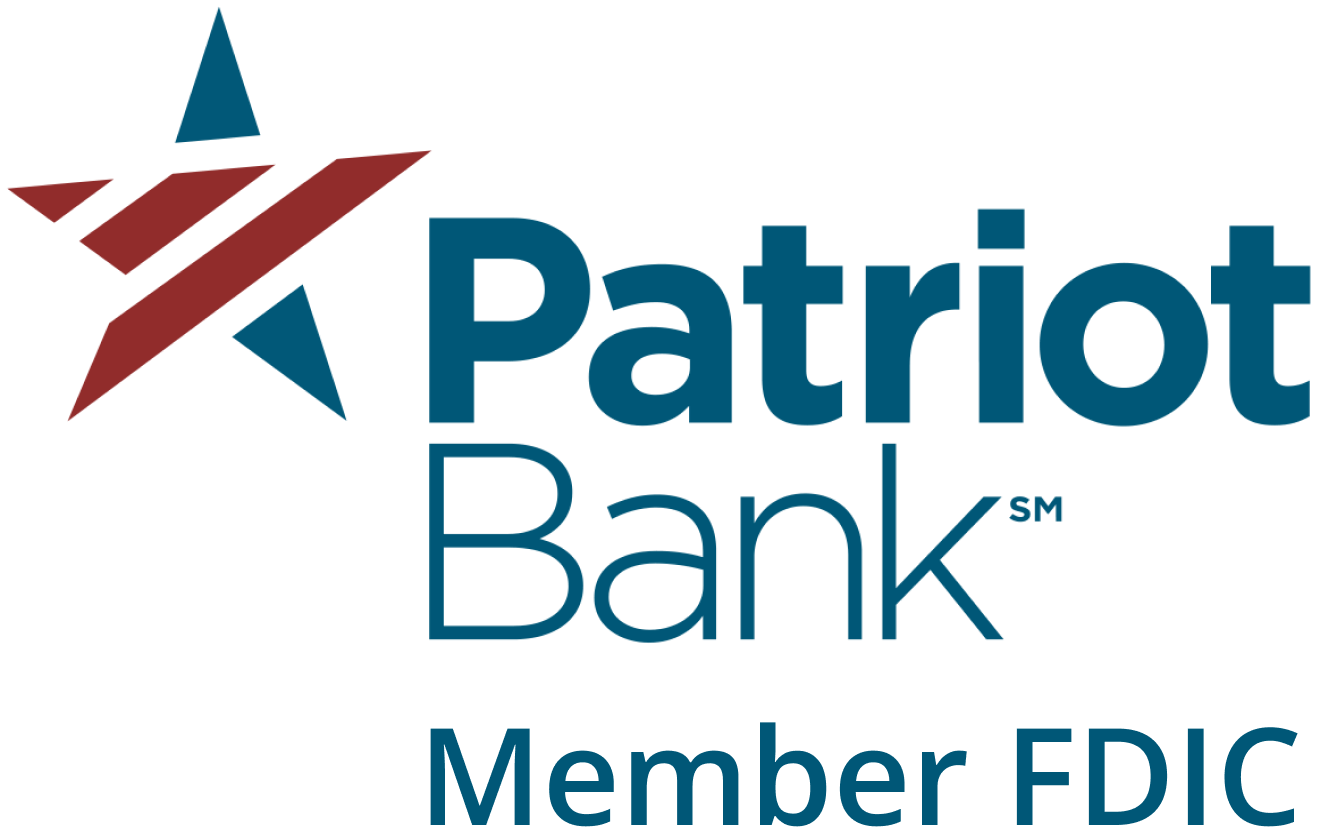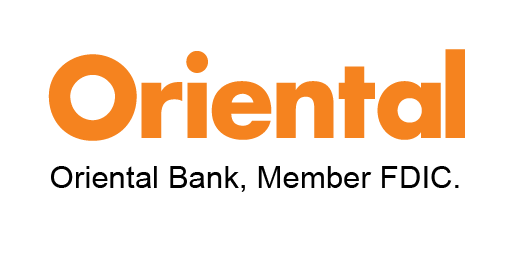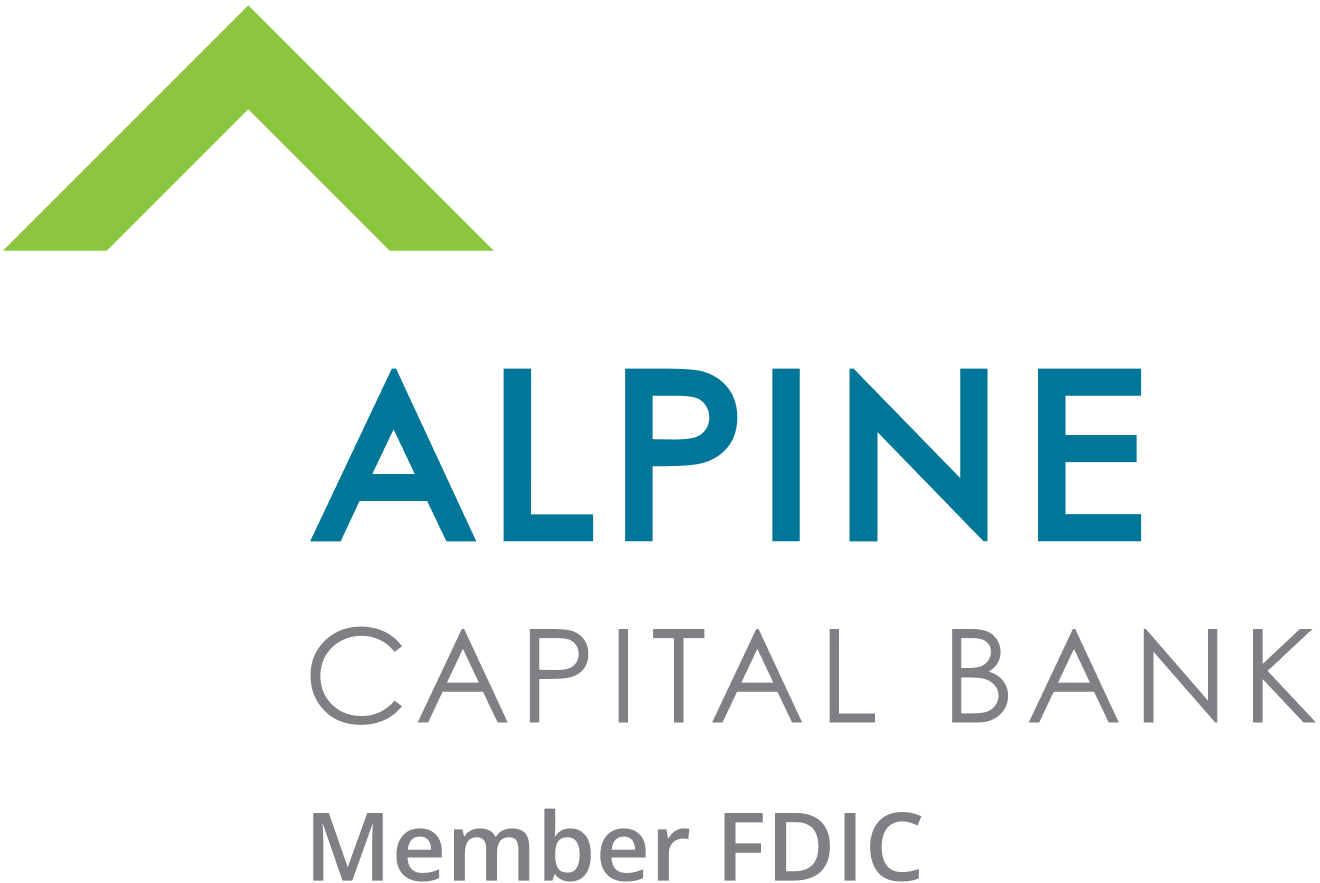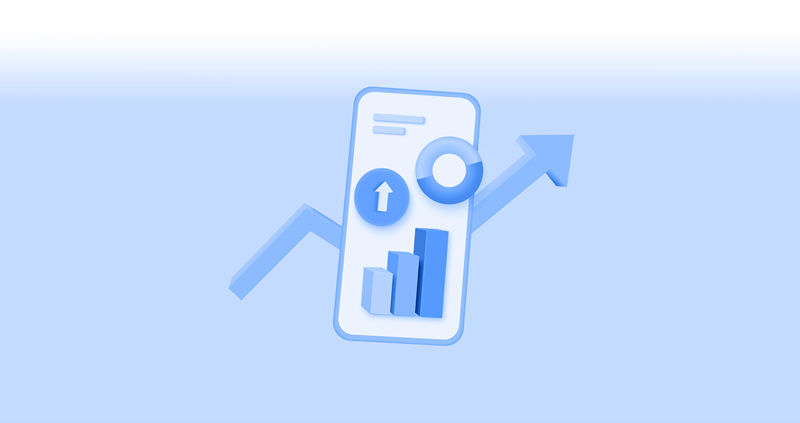Bonds vs. CDs: What savings tool is right for you?
Compare the benefits and drawbacks of bonds and certificates of deposit (CDs) to help you make the best choice for your savings strategy.
Difference between bonds and CDs: CDs typically have lower risk with fixed returns, while bonds may vary in risk and returns while offering tax advantages depending on the type and term.
Liquidity and flexibility: CDs may have penalties for early withdrawals, and funds might not be immediately accessible, whereas some bonds can be sold on the secondary market.
Best use cases: CDs can be ideal for short- to medium-term savings with guaranteed returns, while bonds might better suit those seeking income and tax efficiency.
What is a bond?
Bonds are a fixed-income investment product where investors lend money to borrowers at a specified interest rate for a fixed period. Essentially, you are lending money to an entity, and in return you will receive your initial amount as well as interest.
Bonds are usually used by a government, municipality, corporation, or state. Common types of bonds include corporate, municipal, and Treasury bonds.
You can purchase bonds through banks, brokerage firms, or sometimes directly from the issuer. Bonds are available to buy individually, or you can also choose to purchase a bond mutual fund or exchange-traded fund (ETF).
Interest rates set on bonds can range from a fixed rate throughout the term, variable interest rates that change with inflation or market conditions, or other specific conditions. Periods can also range from short- to long-term durations, spanning from a few months to several years or decades.
When to consider a bond
Bonds can help generate income, capital preservation, or portfolio diversification, which can be beneficial during different financial or life stages.
Some reasons why you might consider a bond include:
You want lower-risk investments: Bonds are generally less volatile than stocks and may be ideal if you want to reduce your exposure to market swings (especially during uncertain economic times). But it’s still important to note that you can still face losses, and they may be higher-risk when comparing bonds vs. CDs.
You are looking for a predictable income: Bonds usually pay regular fixed interest, also known as ‘coupon payments.’ This might be especially useful for retirees or those who want a consistent income stream.
You are approaching retirement: Your asset allocation nearing retirement may shift from more high-risk assets to lower-risk options. Bonds can help preserve your capital while still generating income.
- You want to reduce taxes on your investments: Some bonds, like treasuries, may offer tax benefits that CDs don’t. Interest earned on Treasury bonds is generally not taxed by the state, vs. interest earned on CDs, which is subject to state and federal tax, which can help you keep more of what you earn.
Potential drawbacks of bonds
However, it is also important to consider the potential drawbacks of investing in bonds to help you better decide what option is the best for you.
Some cons of investing in bonds include:
Interest rate risk: When interest rates rise, bond prices tend to fall. This could cause you to lose money if you sell a bond before maturity during a rising rate environment.
Inflation risk: Bonds may not keep pace with inflation, which can reduce the purchasing power of your interest payments and principal over time.
Opportunity cost: If you locked your money in a long-term bond, you may miss out on potentially greater returns if the market improves or if higher-yield opportunities arise.
- Uncertain provisions: Some bonds, like callable bonds, can have provisions affecting their risk and returns. For example, callable bonds can be paid off before maturity, especially common when interest rates drop, which can reduce your expected income stream and lead you to reinvest at lower rates.
What is a CD?
A certificate of deposit, also known as a CD, is a type of high-yield savings product where you can earn interest on an amount of money deposited into an account for a predetermined period of time. CDs usually offer higher interest rates than traditional savings accounts or other high-yield savings accounts. However, in exchange for higher interest rates, you agree not to withdraw your money from the account for a specified amount of time. Doing so earlier can result in CD penalty fees, depending on the type of CD you choose.
While there are many types of CDs, two commonly used types include:
Fixed-term CDs: Also known as traditional or high-yield CDs, this type of CD locks in your deposit at a fixed interest rate for a specific period, known as the term or maturity period. During the predetermined time, you are not allowed to access your money, and doing so before it matures will result in penalties.
No-penalty CD: No-penalty CDs offer a bit more flexibility. While you still agree to a specified term, you can still access your money if needed without facing penalties. However, you may still have to wait a certain period after your initial deposit if you need to access your funds. No-penalty CDs may also have lower interest rates than fixed-term CDs.
CDs are considered a relatively safe investment compared to other options since you can lock in a specified interest rate, meaning you will have more predictable returns. However, interest rates may vary depending on the term length, which can range from three months to five years.The Raisin marketplace gives you access to both fixed-term and no-penalty CDs with competitive interest rates so you can make the most of your savings. Explore your options today and start growing your money!
Bank
Product
APY
Maturity

mph.bank, a division of Liberty Savings Bank, F.S.B., Member FDIC
FDIC
Callable CD
3.81%
60 months
$1,905.00

HealthcareBank, a division of Bell Bank, Member FDIC
FDIC
High-Yield CD
3.50%
7 months
$1,750.00
Raisin is not an FDIC-insured bank or NCUA-insured credit union and does not hold any customer funds. FDIC deposit insurance covers the failure of an insured bank and NCUA deposit insurance coverage covers the failure of an insured credit union.
When to consider a CD
CDs are a great option to grow your money and diversify your cash savings if you know you won’t need to access it for a set period of time.
Here are some reasons why you might consider a CD:
You want a low-risk investment: CDs usually have fixed interest rates for the duration of your term, allowing you to better estimate your returns without worrying about market volatility or falling interest rates. The CDs offered on Raisin have fixed interest rates, so you can better predict your earnings.
You don’t need immediate access to your funds: If you know you won’t need immediate access to your money for a predetermined period, a CD can help you lock in a predictable return.
You’re saving for a short- to medium-term goal: CDs are an ideal way to save for future expenses, such as a down payment, vacation, or even tuition. They can help you reach SMART goals on a defined timeline.
You want an interest rate higher than a traditional savings account: CDs typically offer higher interest rates than standard savings accounts, especially with longer terms or during rising rate environments.
Potential drawbacks of CDs
If you are trying to choose between CDs vs. bonds, it’s also important to consider the potential drawbacks of CDs.
Some cons of CDs include:
Withdrawal penalties and limited liquidity: Early withdrawals on fixed-term CDs can result in penalties, which can reduce or eliminate your earned interest. Your money is locked in for a fixed term, and accessing it can result in delays or extra costs. If you need to access your funds in a no-penalty CD, you might have to wait a specific period of time (e.g., seven days after the initial deposit).
Inflation risk: Like bonds, CDs may not keep pace with inflation, which can diminish the real value of your earnings.
Minimum deposit requirements: Some CDs may require high minimum deposits to open (e.g., $500 – $10,000), which can be a barrier if you have a smaller amount to invest. (Those offered through the Raisin platform have just a $1 deposit minimum, making CDs more accessible.)
- Taxable interest: Interest earned on CDs is subject to federal, and likely state, income taxes. You might want to check your state-specific income tax laws.
What’s the difference between bonds and CDs?
While bonds and CDs may seem similar, it is important to understand the benefits and potential disadvantages of each to help choose the right product to reach your financial goals.
For a better overview, here’s a side-by-side comparison of CDs vs. bonds:
Feature | CDs | Bonds |
Risk level | Very low. | Varies depending on bond type (e.g., government bonds = lower risk, corporate bonds = higher risk). |
Return type | Fixed interest rate. | Fixed or variable interest rates. |
Issuer | Banks, credit unions, or online financial institutions. | Governments, municipalities, or corporations. |
Liquidity | Medium to low (penalties for early withdrawal on fixed-term CDs). | Varies (can be traded on a secondary market). |
Term length | Generally three months to five years. | A few months to 30+ years. |
Interest payout | Usually at maturity or periodically. | Semi-annual or annual coupon payments. |
Tax treatment | Earned interest is subject to federal and state income tax. | Tax depends on bond type. Some bonds may be exempt from state taxes. |
Best for | Short- to medium-term savings goals. | Medium- to long-term growth or income. |
Market risk | None (principal is guaranteed if held to maturity). | Yes (value fluctuates with interest rates and market conditions). |
Early withdrawal penalty | Yes. Early withdrawal fees apply to fixed-term CDs. | No penalty, but the bond may lose value if sold early. |
Income stability | Very stable. | Varies by bond. |
Are bonds better than CDs: Which one should I choose?
When deciding on investing in bonds vs. CDs, it doesn’t have to be an either/or option. Depending on your financial situation, goals, risk tolerance, and investment time horizon, you can even have both — which can further diversify your portfolio. In this case, it’s not about one product being better than the other, but rather which option can best help meet your needs.
In general, CDs can be a stable option if you want to grow your funds and know you do not need immediate access to that money for a set period of time. Bonds, on the other hand, carry more risk, but you may also benefit from less tax on your earnings. Both options require you to “lock up” your money for a specified period to receive the maximum potential return.
You might also consider seeking professional advice from a financial advisor if you want further help on how to manage your finances more efficiently and receive advice tailored to your current situation.
Open a CD through Raisin
Bonds and CDs both offer unique financial benefits. When choosing which product will be best for you, you might want to consider your risk tolerance, savings goals, and current situation.
If you’re ready to open a CD, Raisin is here to help. The Raisin marketplace gives you access to both fixed-term and no-penalty CDs with competitive interest rates, to help you choose the best product that fits your needs. Sign up today and start maximizing your savings potential!
The above article is intended to provide generalized financial information designed to educate a broad segment of the public; it does not give personalized tax, investment, legal, or other business and professional advice. Before taking any action, you should always seek the assistance of a professional who knows your particular situation for advice on taxes, your investments, the law, or any other business and professional matters that affect you and/or your business.






























